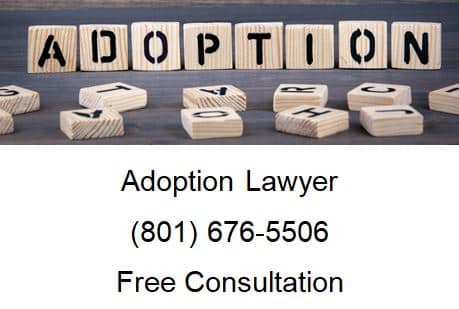Gay men and lesbians have always adopted, although their sexual orientation may not always have been in the open. Today, openly gay and lesbian men and women are being considered more seriously as potential adoptive parents. This change has been aided by the increase in the number of gay and lesbian biological parents in the United States. Below you will find key information about adoption and same-sex couples.
Same Sex Parents Statistics
As of this last decade, an estimated 6 to 14 million children have a gay or lesbian parent. And, between 8 and 10 million children are being raised in gay and lesbian households. According to the most recent data from the the U.S. Department of Health and Human Services, Adoption and Foster Care Analysis Reporting System (AFCARS), it is estimated that there are 500,000 children in foster care nationally, and 100,000 need to be adopted, according to the ACLU.
In 2015, it is also estimated that approximately 3.8 percent of the U.S. population identifies openly as gay, lesbian, bisexual, or transgendered, according to a Gallup poll.
Same Sex Adoption in the U.S.
As of 2016, same sex adoption became legal in all 50 states. Mississippi was the lone holdout until a federal judge struck down the law as unconstitutional, citing the Supreme Court’s decision legalizing same-sex marriage nationwide. Despite these gains in equality in the adoption system, some states still have restrictions on fostering children, however, and other roadblocks for same-sex couples remain. If you are considering same sex adoption or foster care, it is wise to speak with an attorney in your state to learn the current laws and regulations in your jurisdiction.
Challenges to Adoption
Despite this increase in gay and lesbian parenting, social workers may have reservations when considering gay adoptive parents for a child. They might wonder how the children will be raised, and how they will feel about themselves and their parents. Will they be embarrassed because they have two mothers or two fathers, or because their single mother dates women or their unmarried father has a boyfriend? Will their friends tease them? And most important, how will having been raised by gay or lesbian parents affect them as they grow into adulthood?
Research on Gay and Lesbian Parenting
Defining the family structure of gay and lesbian parents can be a challenging task. The most common type of homosexual household is step or blended families. These are gay and lesbian parents who had their biological children in a former heterosexual relationship, then “came out”, and created a new family with another partner. Other types of family structures include single gay or lesbian parents and couples having children together. Both of these family types may be created through adoption, but more frequently reproductive technology is being utilized.
There has been some research on biological families with gay and lesbian parents. This research focuses mainly on children born to donor-inseminated lesbians or those raised by a parent, once married, who is now living a gay lifestyle. While research on these situations has not addressed all the issues relevant to adoptive parenting, this information is invaluable for social workers struggling with difficult decisions, for gay men and lesbians who want to be parents, for their families and friends, and for anyone seeking information on this nontraditional type of family. Studies consistently show that children living within same-sex parent households fare just as well as those children residing within different-sex parent households over a wide array of well-being measures.
Research Studies
Research studies are becoming more prevalent as LGBT persons become more visible. While in the past studies were often conducted by individuals or organizations with a vested interest in the outcome and were contradictory, studies are now moving towards greater objectivity, including definitive studies that follow larger numbers of children over a long period of time. That research, when completed, will provide more definitive information for the debate.
Free Consultation with Adoption Lawyer in Utah
If you have a question about an adoption or if you need an adoption attorney to help you, please call Ascent Law at (801) 676-5506. We will help you.
8833 S. Redwood Road, Suite C
West Jordan, Utah
84088 United States
Telephone: (801) 676-5506
Recent Posts
What is the Best Interests of the Child?
Salt Lake City Adoption Attorneys
Source: https://www.ascentlawfirm.com/basics-of-adoption-and-same-sex-couples/


Комментариев нет:
Отправить комментарий